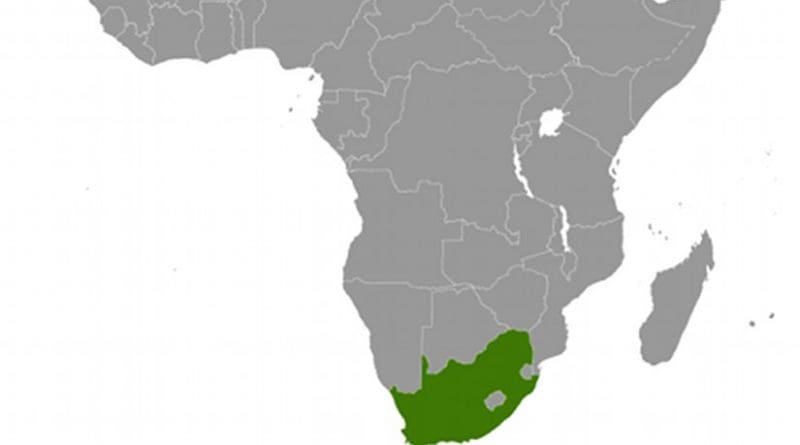South Africa: Minister Stresses Public Health Care Under Strain But Not Collapsing
By SA News
South Africa’s Health Minister Dr Aaron Motsoaledi says while public health care is distressed and facing hard times, the system is not on the brink of collapse.
“As far as we know, this healthcare system is still able to provide treatment to the largest number of HIV positive people globally. Our programme is the biggest in the world at 4.2 million people. In the next 24 months, we are poised to initiate an additional two million people on treatment,” Motsoaledi said at a briefing on the status of health care in South Africa.
Speaking from the Government Communications (GCIS) headquarters in Tshwane on Tuesday, the Minister said he was not aware of any scientific methods used to measure the veracity of the claims made about the breakdown of the health system.
“I am not here to challenge that because I do not know the yardstick that was used to arrive at a conclusion of collapse. Surely healthcare systems are measured on some form of scientific yardstick to arrive at any conclusion.”
Motsoaledi said that the country’s public health system is still able to treat all 300 000 patients who suffer from TB, noting that South Africa is the first country to get to scale in the use of TB diagnostic and early introduction of the latest medication for TB.
Due to the country’s interventions, South Africa has seen a drop in number of people dying from TB from 69 251 in 2009 to 33 063 in 2015.
The number of babies born HIV positive has also dropped from a total of 70 000 in 2004 to 4 500 currently.
The Minister said the public healthcare system is still able to take care of 1.06 million pregnant women out of 1.2 million pregnant women.
“To make sure that we are adequately taking care of them, we have them registered on a system called MomConnect, through which we communicate with them every single week. Cumulatively since August 2014, we had registered over two million pregnant women on this system.
“Out of this number, 1 620 lodged complaints about the healthcare system. But in the same period, a total of 15 440 sent us messages of compliments. This is unsolicited information. We do not then think that a collapsing or collapsed system is able to do this,” Motsoaledi said.
Overcrowding in public hospitals
The Minister admitted that his department is very worried about extreme overcrowding in public hospitals and that the situation “could have been much worse if we did not take proactive steps”.
“One of these steps was to decant patients away from the clinics and hospitals to take their medication at selected pick-up points. These are pick-up points selected by the patients themselves. We have 2.2 million people on this system called CCMDD (Central Chronic Medication Dispensing and Distribution). We are poised to load one million more people on this system during this financial year.”
He also disputed allegations that public health facilities have run out of medicines, saying drug stock outs in health facilities have long been resolved, with a new technology launched in 2014.
“In our clinics, we have the SVS (Stock Visibility System), which we launched with the Vodacom Foundation. We are able to monitor stocks in all our clinics straight from head office in Pretoria, and we do so every single week.
“On our hospital dashboard, we also average 88% for the highest provinces and 70% for the lowest provinces, which are Limpopo and North West.
Human resources battle
The Minister, however, said the country has a big human resources problem. He said sub-Saharan Africa carries 80% of all infectious diseases in the world but only has 3% of the health human resources.
“We are not exempted from that as South Africa. We are actually very badly affected. We have decided to enter the battle robustly,” the Minister said.
After placing the North West Health Department under Section 100 (1) (b), Motsoaledi said they have found huge vacancies, and this month they are going to fill 223 vacancies at the cost of R150 million.
In Gauteng, the Minister said a substantial number of vacant posts in health would be filled this year, especially in especially in the teaching hospitals.
Radiation oncology backlogs
Motsoaledi announced that the national department will help KwaZulu-Natal and Gauteng with their radiation oncology backlogs in a programme to be launched early in August this year.
“Gauteng and KZN will get R100 million between them to deal with their backlogs.”
The Minister said as of Tuesday, 200 officials were deployed from head office to all provinces to go directly into hospitals and help with management. The officials include managers, doctors and nurses, amongst others.

